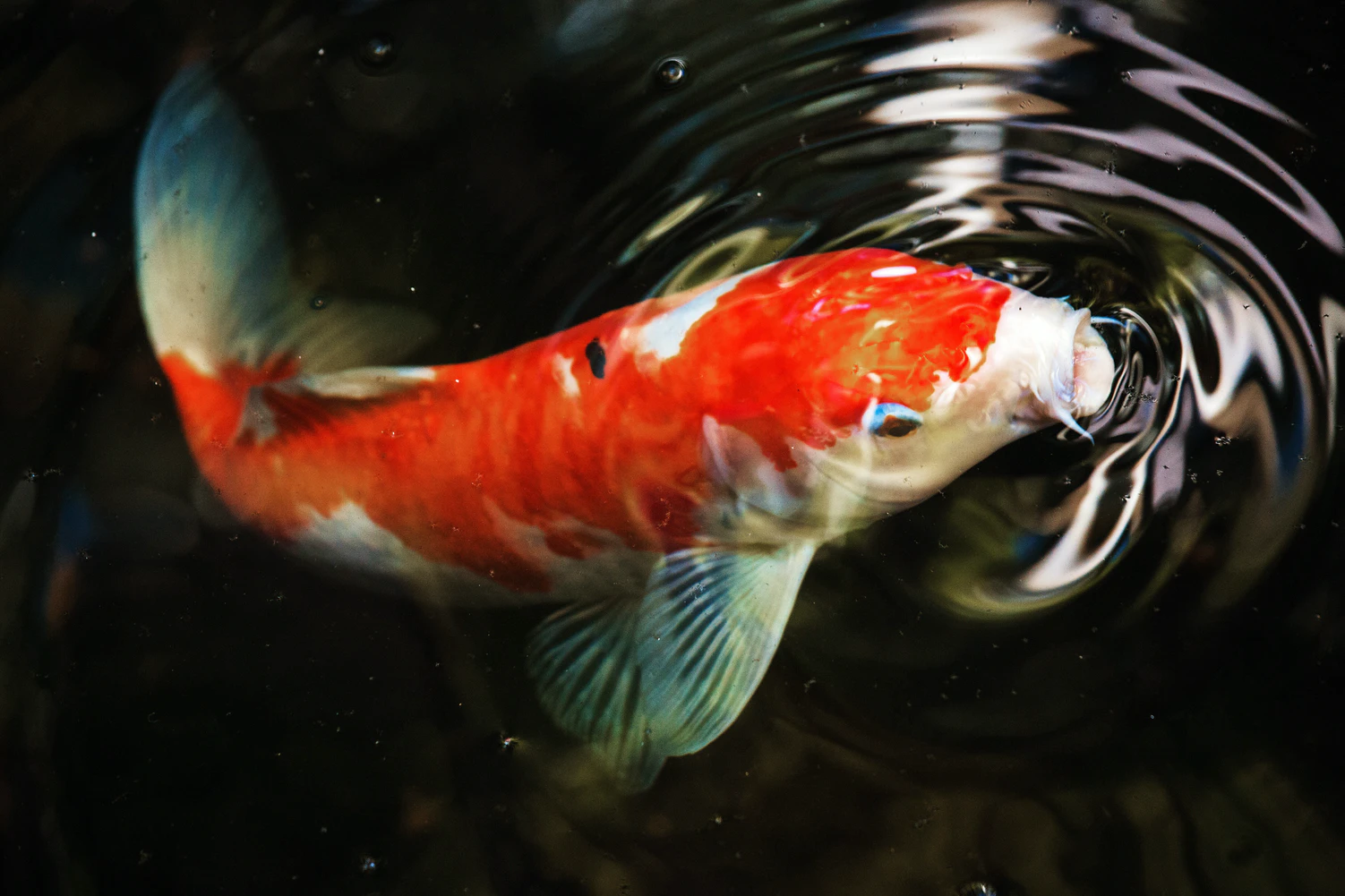Carp Farming Proving To Be A Profitable Business Venture
Opening a carp farm is an option that appeals to various people. If you are a farmer, and are interested in whether this could be a useful diversification of your income stream, you may be wondering why this might be the case. Here are a few reasons why many are turning to carp and carp fish farms these days.
One prime reason for choosing a carp farm particularly is that this fish grows in size and weight relatively quickly. In fact, they can increase to as much as 40lbs+ in just four years, offering fast results for those investing in the right methods of farming.
Another plus point for the carp is that each fish has a tendency to find its own level where it is comfortable feeding, and they do not, therefore, encroach on each other’s territory. More than that, they are not naturally aggressive towards each other, with smaller fish happy to gather in shoals while larger ones remain solitary. They are omnivorous and don’t require the expensive feeds that salmon and trout do, making them cheaper to raise. They are also hardy and have good disease resistance. The better the conditions, the better they will grow; but as can be seen in the wild, carp can survive in just about any freshwater environment.
Finally, there is a renewed interest in carp for eating purposes on the human dinner table. Carp is coming to be known as a potentially sustainable food source, making carp for sale increasingly of interest to consumers.
Of course, to run this sort of business you still need to deal with all of the typical areas of concern, from your accounting efforts to succession planning and dealing with suppliers.
Factors To Look Out For When Keeping Stocks Of Fish
Carp fish farming often refers to specialist fisheries that breed and grow stocks of fish to offer to other fisheries and fishing areas. However, if you own or maintain a stretch of river or canal, or a fishing lake, for the benefit of anglers, you will need to know as much about keeping your stocks of fish healthy as the suppliers you bought them from.
Here are a few business issues you will need to look out for if you wish to keep your fish in peak condition for the angling public. The first thing to avoid when buying carp for sale is to avoid purchasing cheap stock. This invariably turns out to be a false economy. It is extremely likely that your supplier has cut corners, and you run the risk of owning diseased fish that will put the rest of your stock at risk. Carp fish farms are also aware of the importance of good water quality in maintaining and breeding healthy shoals.
Potential problems you need to be alert to here are high levels of nitrogen, for instance, as these can kill the fish you own. Different times of the year bring their own challenges too. Summer can see warmer weather, which promotes excessive growth of water weeds. While you need vegetation to oxygenate the water, there is a balance to be struck as too much growth can adversely affect the quality of fishing on offer. In short, managing stocks of fish can be trickier than it first appears. You are always advised to take specialist advice and act early when problems arise, as this can prevent minor issues becoming serious.

